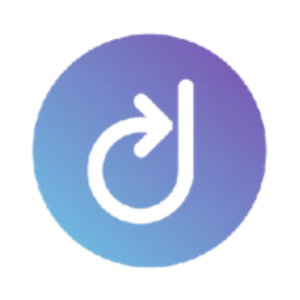- Back to menuPrices
- Back to menuResearch
- Back to menu
- Back to menu
- Back to menu
- Back to menu
- Back to menuWebinars

Dock.io
Dock.io Price Converter
Dock.io Information
Dock.io Supported Platforms
| DOCK | ERC20 | ETH | 0xe5dada80aa6477e85d09747f2842f7993d0df71c | 2018-02-21 |
About Dock.io
The DOCK token serves multiple functions within the Dock network:
Network Operations: DOCK tokens are required to perform various operations on the Dock blockchain, including the creation of decentralised identifiers (DIDs), issuance and revocation of credentials, and the establishment of schemas that structure these credentials.
Staking and Validating: Token holders can stake their DOCK tokens to support network security and operations. Validators, who are responsible for processing transactions and producing blocks, receive emission rewards in DOCK tokens. Stakers can also nominate others to validate on their behalf, with rewards distributed accordingly.
Governance: DOCK token holders participate in the governance of the network by submitting proposals, voting on network changes, and electing council members to the Dock Association. This decentralised governance model ensures that token holders have a say in the network's development and direction.